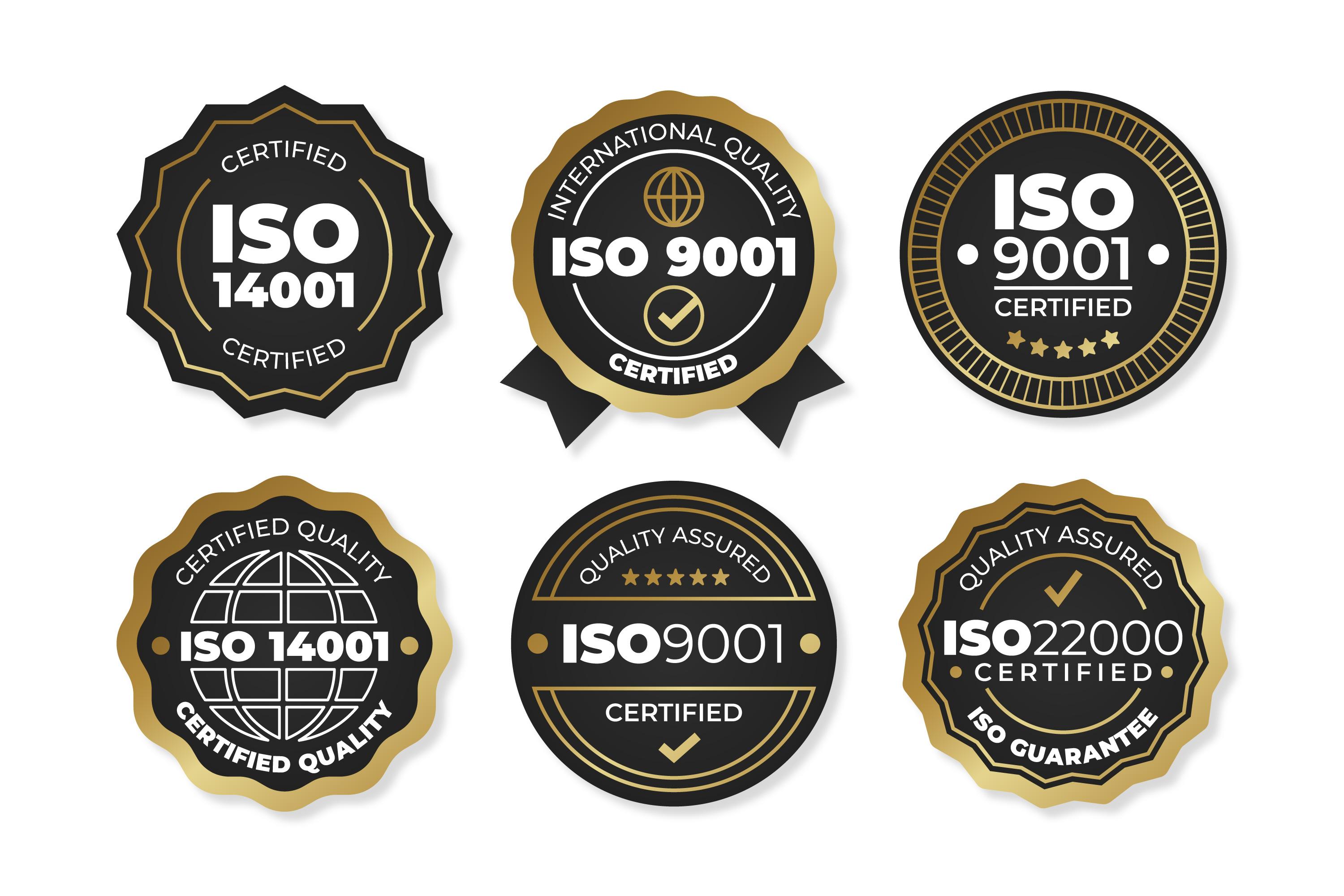To get ISO certified, your company must adhere to a set of international standards that address crucial areas of your operations, including quality, the environment, and safety. ISO certification enables you to enhance business activities and increase efficiency, which boosts productivity and increases success. It involves more than just following the laws; it involves fostering an environment of excellence and continuously seeking ways to improve.
It is crucial to obtain ISO certification to expand your company. It not only creates a solid platform for growth but also builds customer trust, improves your reputation, and aligns your business with international standards.
There are different types of ISO Certifications:
- ISO 9001:2015 (Quality Management Systems)
- ISO 14001:2015 (Environmental Management Systems)
- ISO 27001:2013 (Information Security Management Systems)
- ISO 55001: Asset Management System (AMS)
- ISO 22000: 2018 (Food Safety Management System)
This article highlights the importance of obtaining ISO certification for business growth.
Enhanced credibility and reputation
When a company obtains ISO certification, it demonstrates its commitment to implementing effective quality management practices.
Your company’s reputation is strengthened through ISO certification. It shows that your company has undergone thorough evaluations and audits to ensure set standards are followed. Furthermore, ISO certification can boost existing customer confidence. Your customers can be convinced that their expectations will be fulfilled when they realize that your company has followed the ISO standards.
Enhancing trust and reputation has had a positive effect on businesses like Himalayan Java Coffee, which acquired ISO 9001:2015 certification. By ensuring customers of their commitment to global quality standards, the ISO certification supported them in establishing themselves as a premier coffee chain.
Legal and regulatory compliance
ISO standards provide your business with a clear framework for understanding and implementing legal and regulatory requirements. In areas including quality management, environmental management, information security, occupational health and safety, and more, these standards establish best practices. You can effectively comply with regulatory requirements by aligning your processes with ISO standards.
For instance, an IT company can obtain ISO 27001 certification, demonstrating its dedication to protecting customer data and upholding information security. Due to this certification, the company can gain more business opportunities in the banking and healthcare industries as a trustworthy partner for handling sensitive information.
Improved operational efficiency
You can use the ISO standard guidelines to improve operational efficiency, minimize errors, and streamline procedures. By implementing robust quality control measures and establishing effective monitoring systems, you can identify and rectify potential issues before they impact the final output.
Businesses are urged to implement lean concepts and pinpoint wasteful practices like excess inventory, overproduction, or unneeded waiting periods. It can significantly minimize waste and enhance resource utilization by putting effective inventory management and streamlined supply chain operations into practice.
For instance, manufacturing companies can improve resource allocation, eliminate rework, and streamline manufacturing processes by applying ISO 9001:2015 standards. These lead to a considerable improvement in production timeliness, cost reduction, and efficiency, which in turn can increase customer satisfaction and strengthen the company’s position in the market.
Enhanced customer satisfaction
ISO certification helps your business ensure consistent quality in its products or services. By following ISO standards, you can create standardized workflows that minimize errors and produce outputs that are trustworthy and consistent. This consistency builds trust and confidence among customers.
Additionally, ISO certification promotes a customer-centric approach to business. You can identify client requirements and include them in your quality management systems by using market research and customer feedback. By understanding and addressing customer needs, you can further customize your services to provide greater value and satisfaction.
For instance, a small restaurant that obtains ISO 22000 certification focuses on food safety management. The certification demonstrates its commitment to providing safe and high-quality food to customers. This leads to customer loyalty and positive word-of-mouth referrals. Thus, satisfied customers play a significant role in driving business growth.
Employee satisfaction
The importance of quickly recognizing and solving problems is one of the main principles of ISO certification. By implementing effective quality management systems, you can provide employees with the tools and methodologies to identify areas for improvement. This involves carrying out regular audits and implementing corrective and preventive actions.
Employees feel empowered and invested when they are encouraged to actively participate in problem-solving. By addressing problems before they escalate, you can save significant costs and resources. Timely identification and resolution of issues protect your business from major setbacks and customer dissatisfaction. Thus, this protects your business by reducing financial losses.
If you seek any other guidance relating to ISO Certification in Nepal, you can consult an ISO expert or connect with companies like National Certification and Management Nepal, Nepal Realistic Solution, or URS Nepal.














